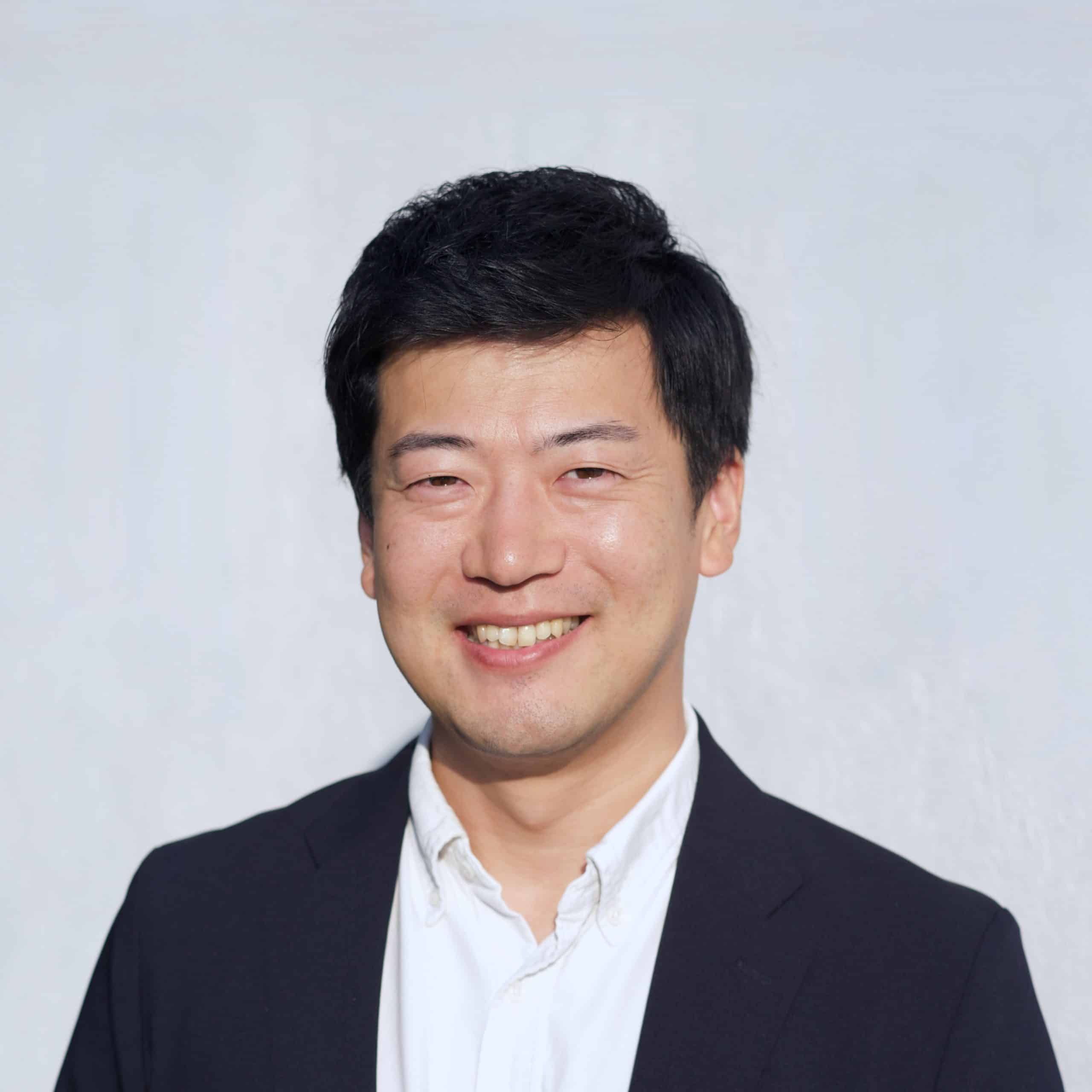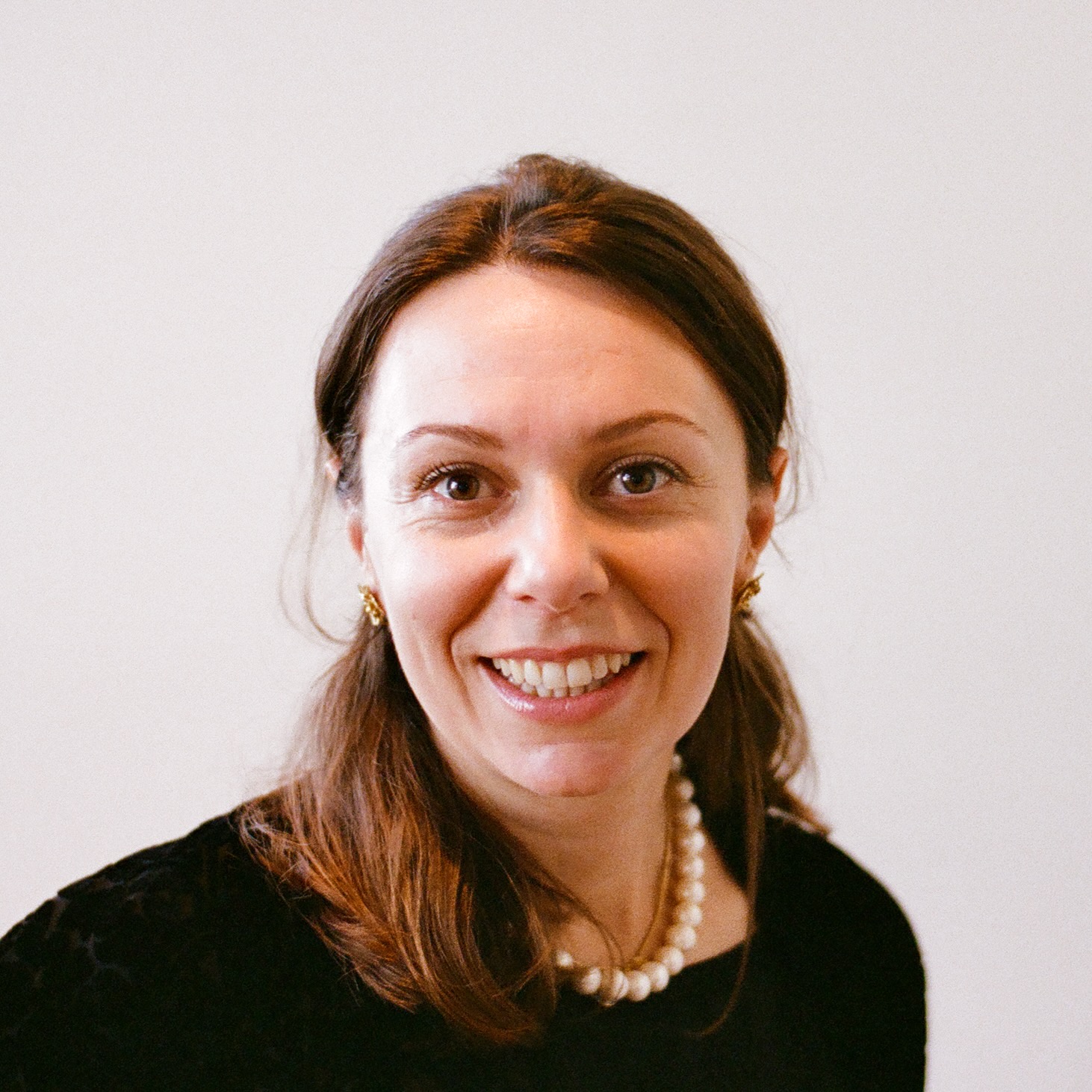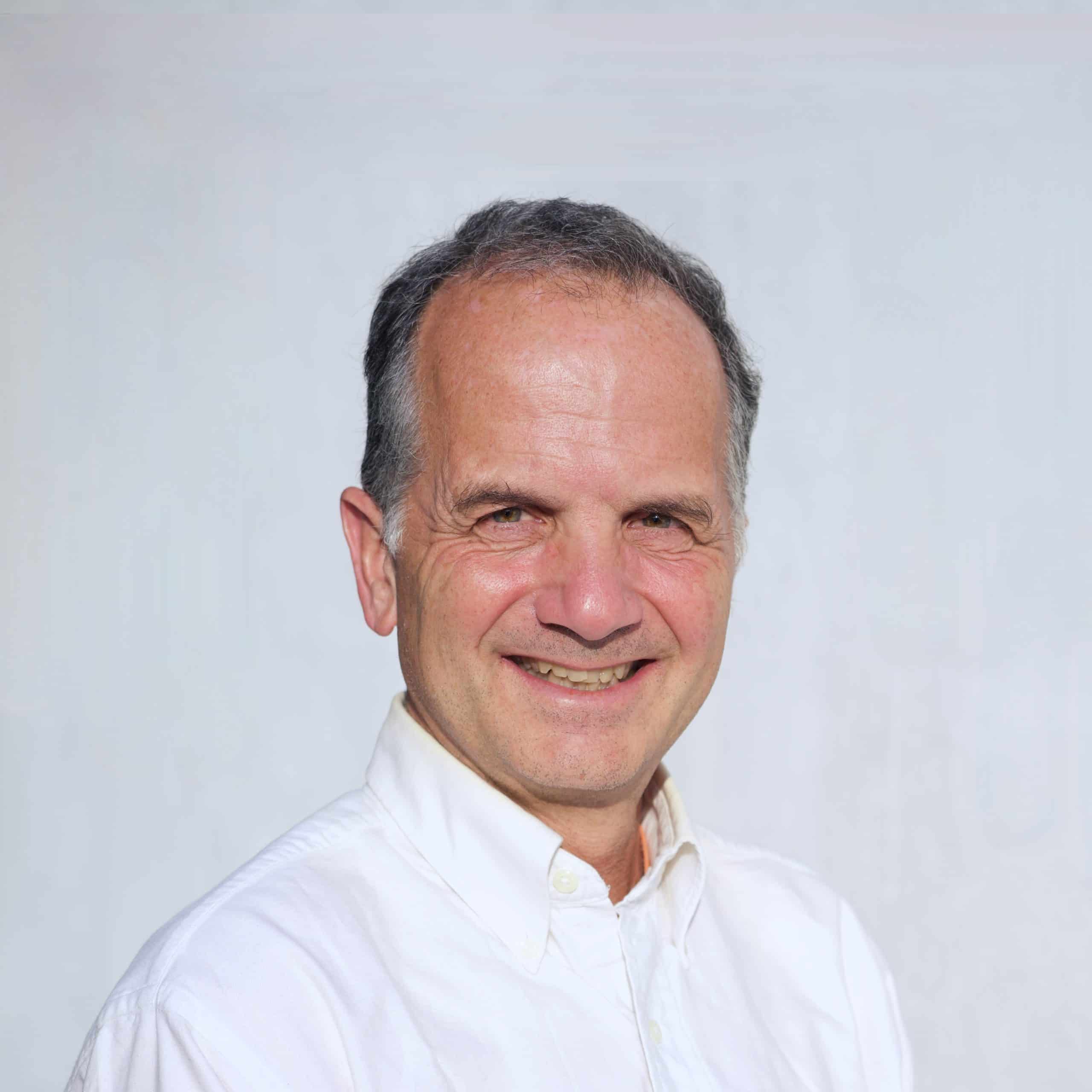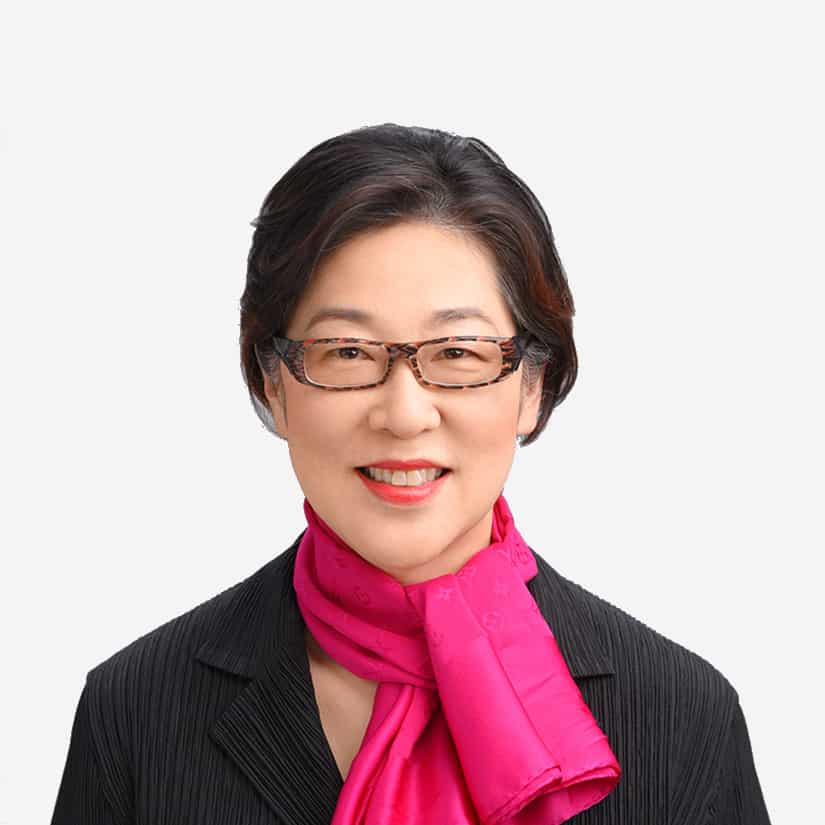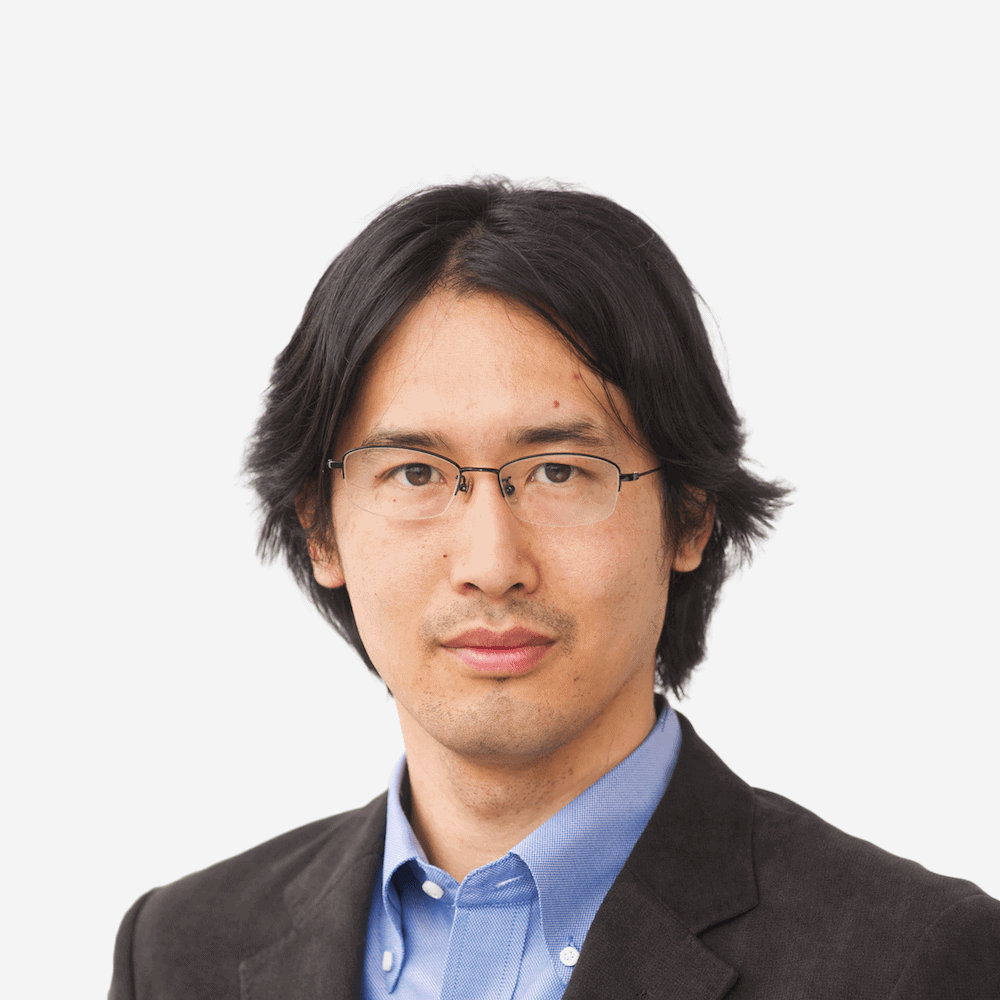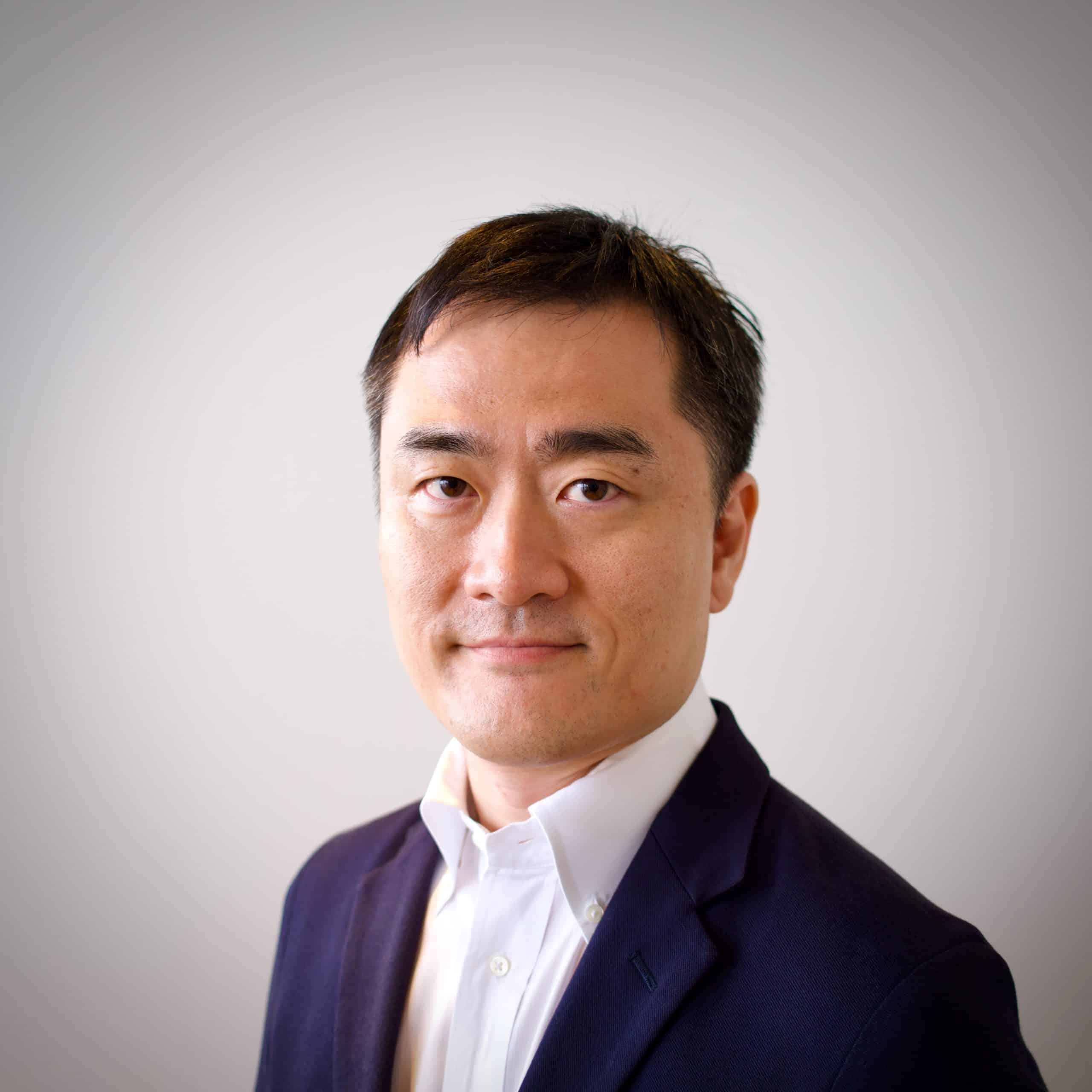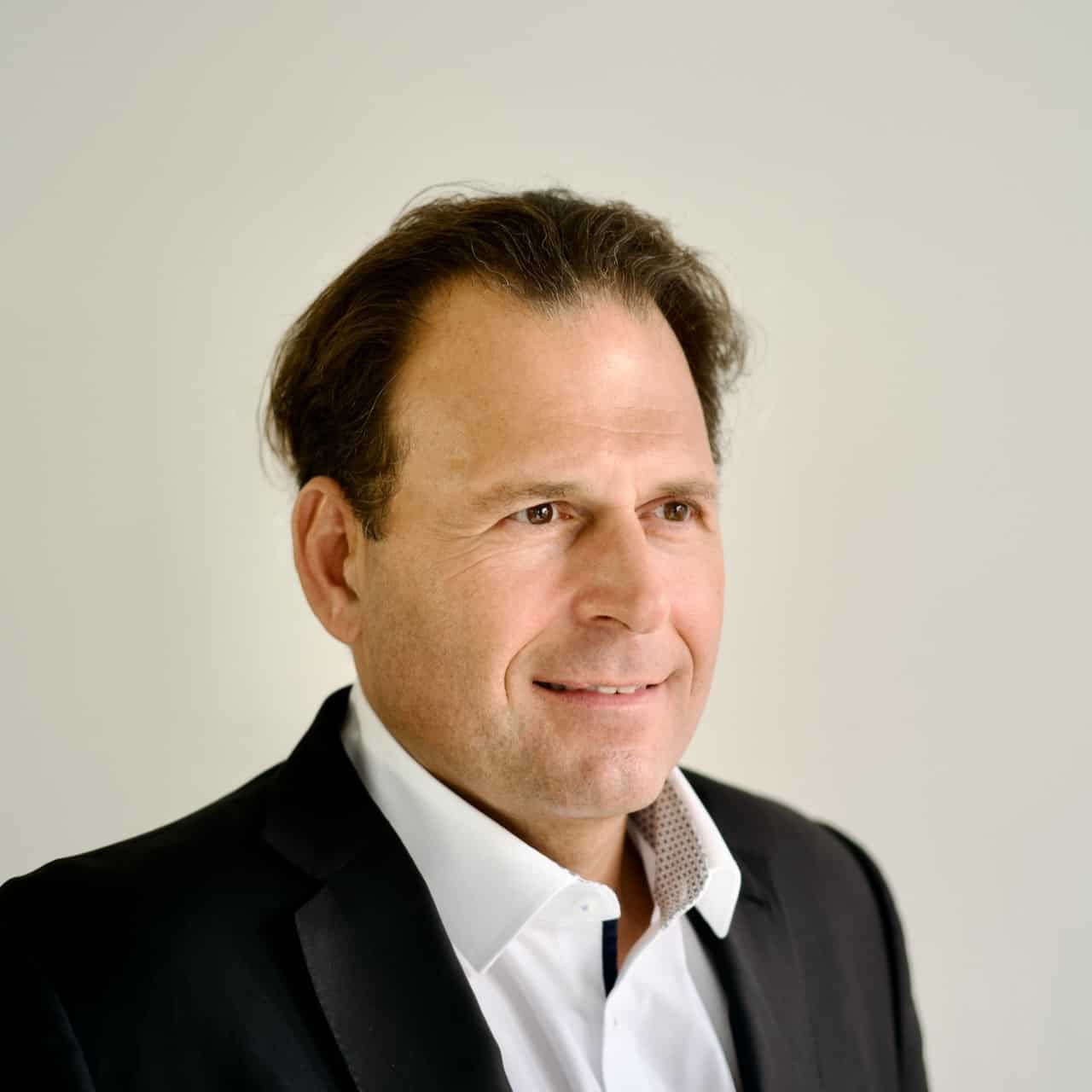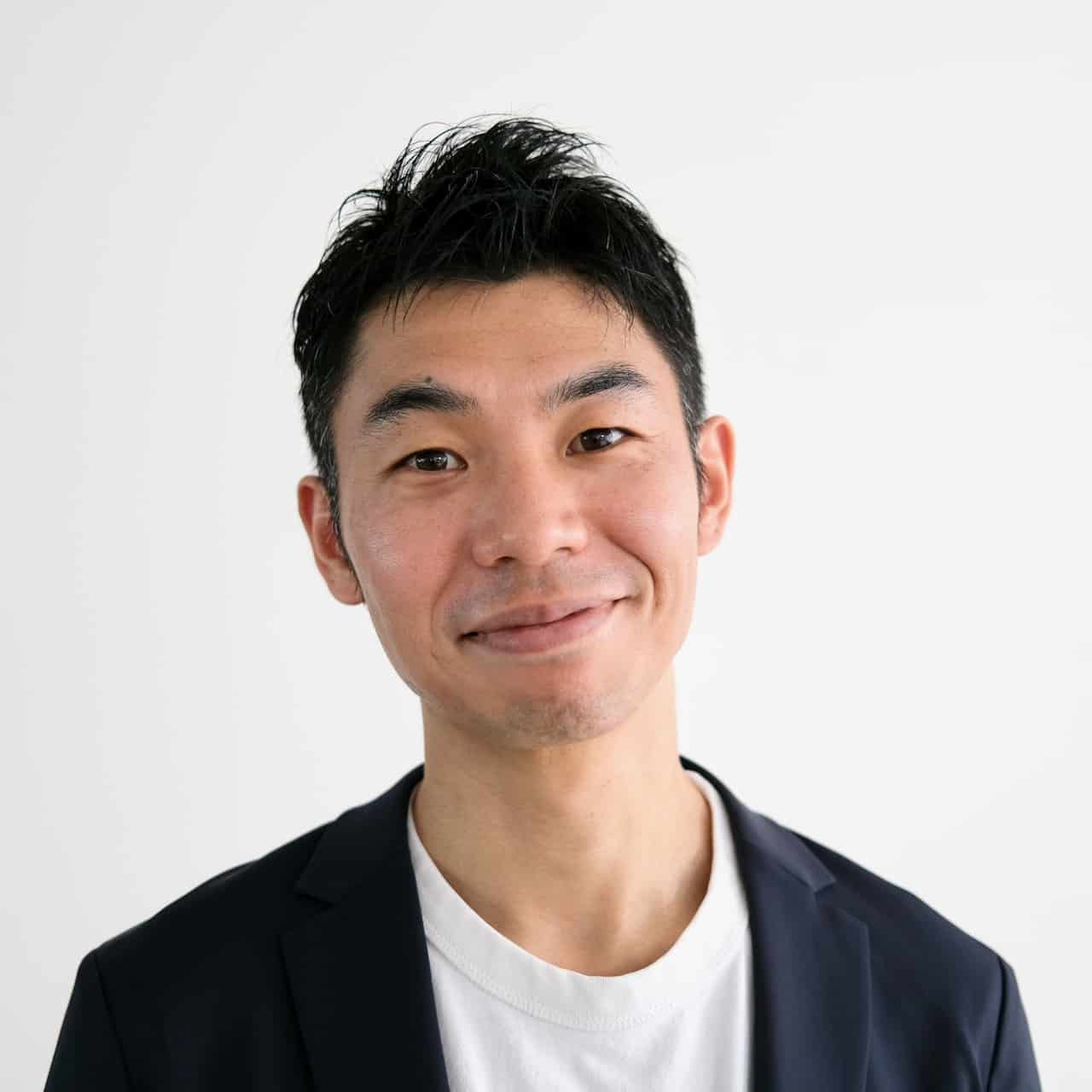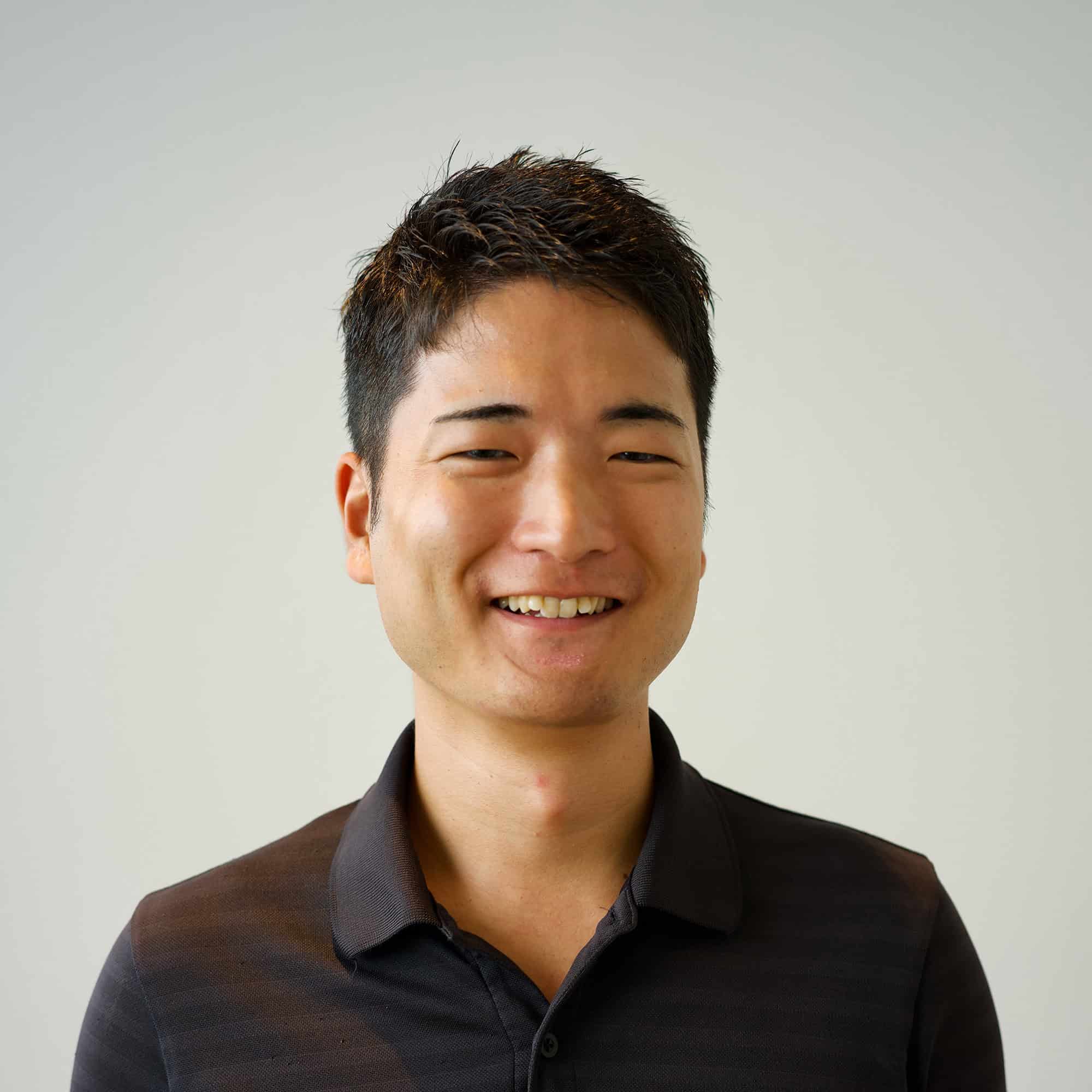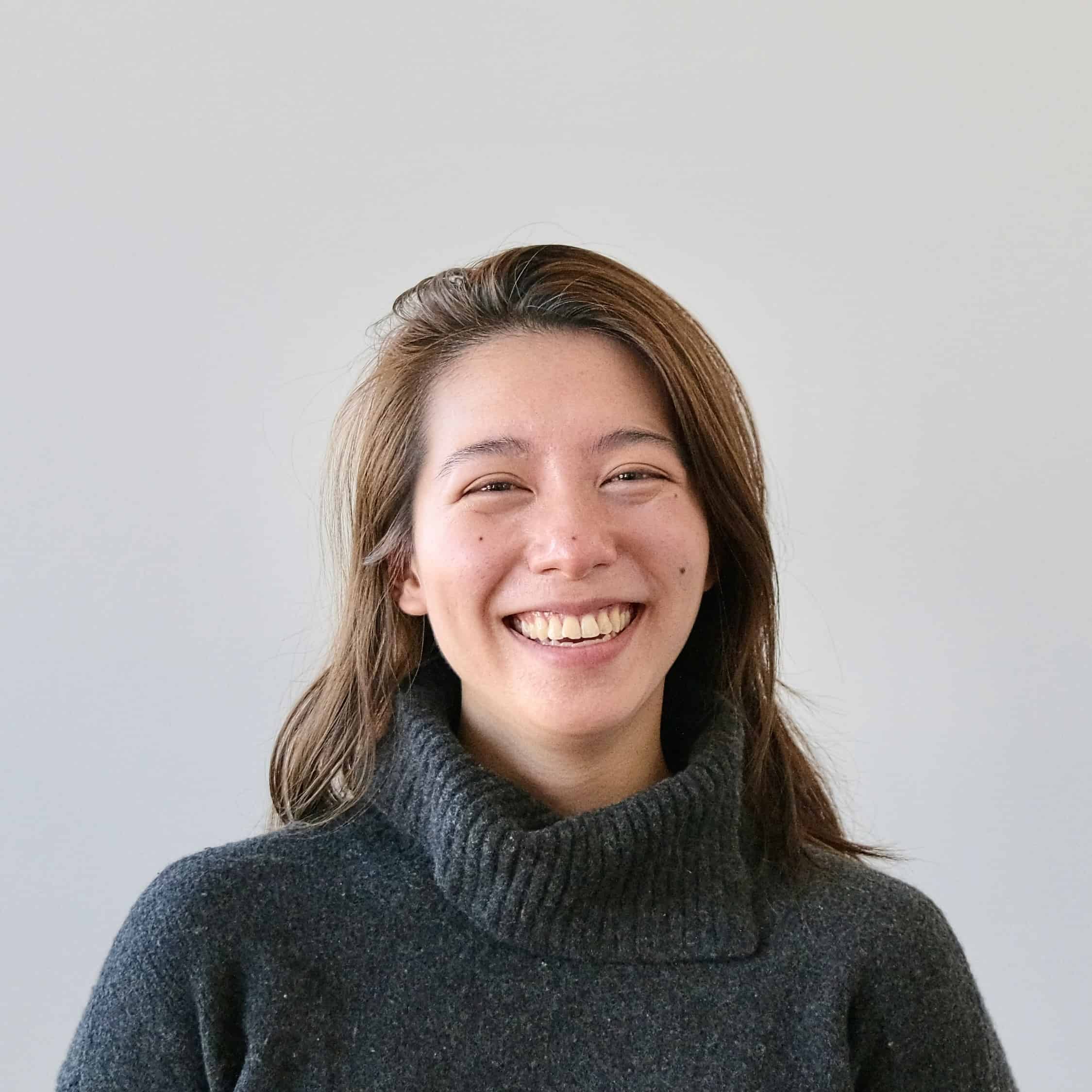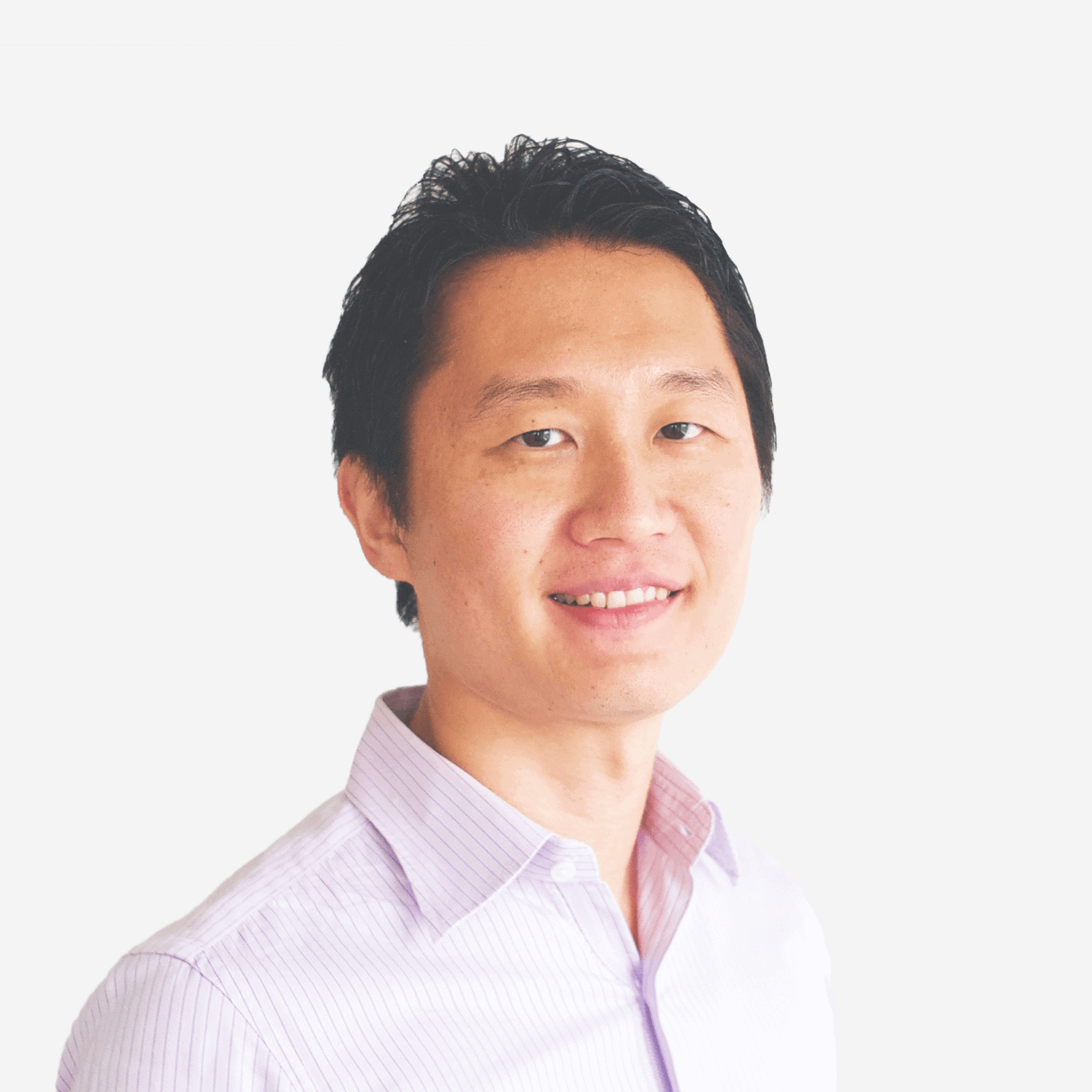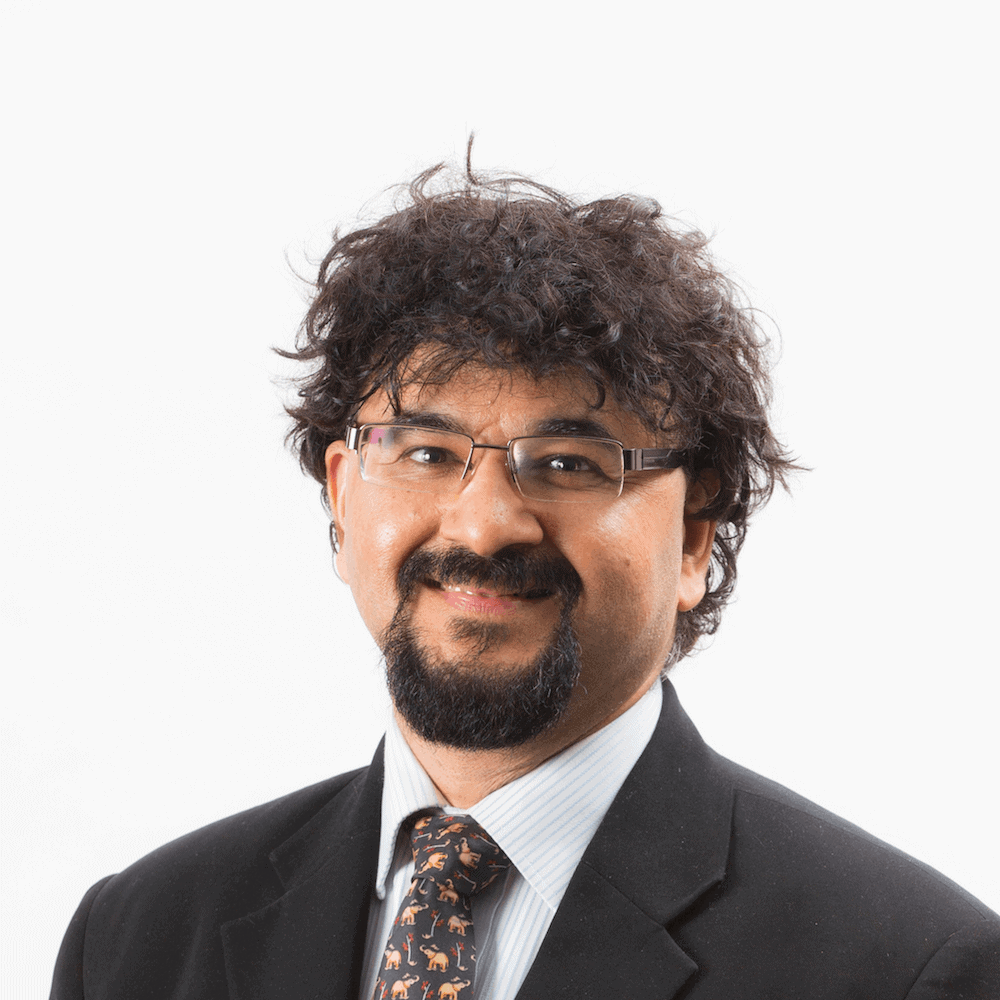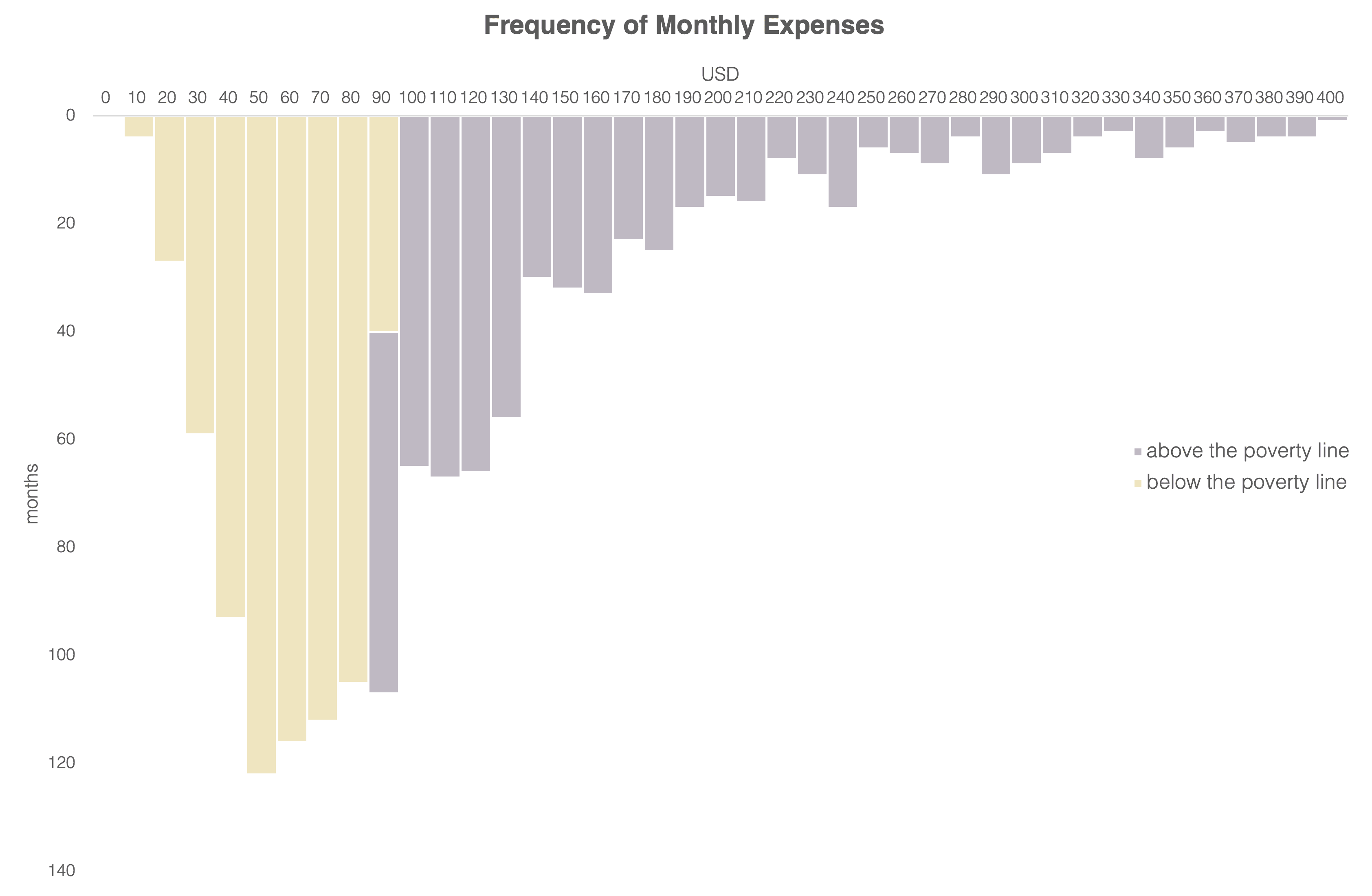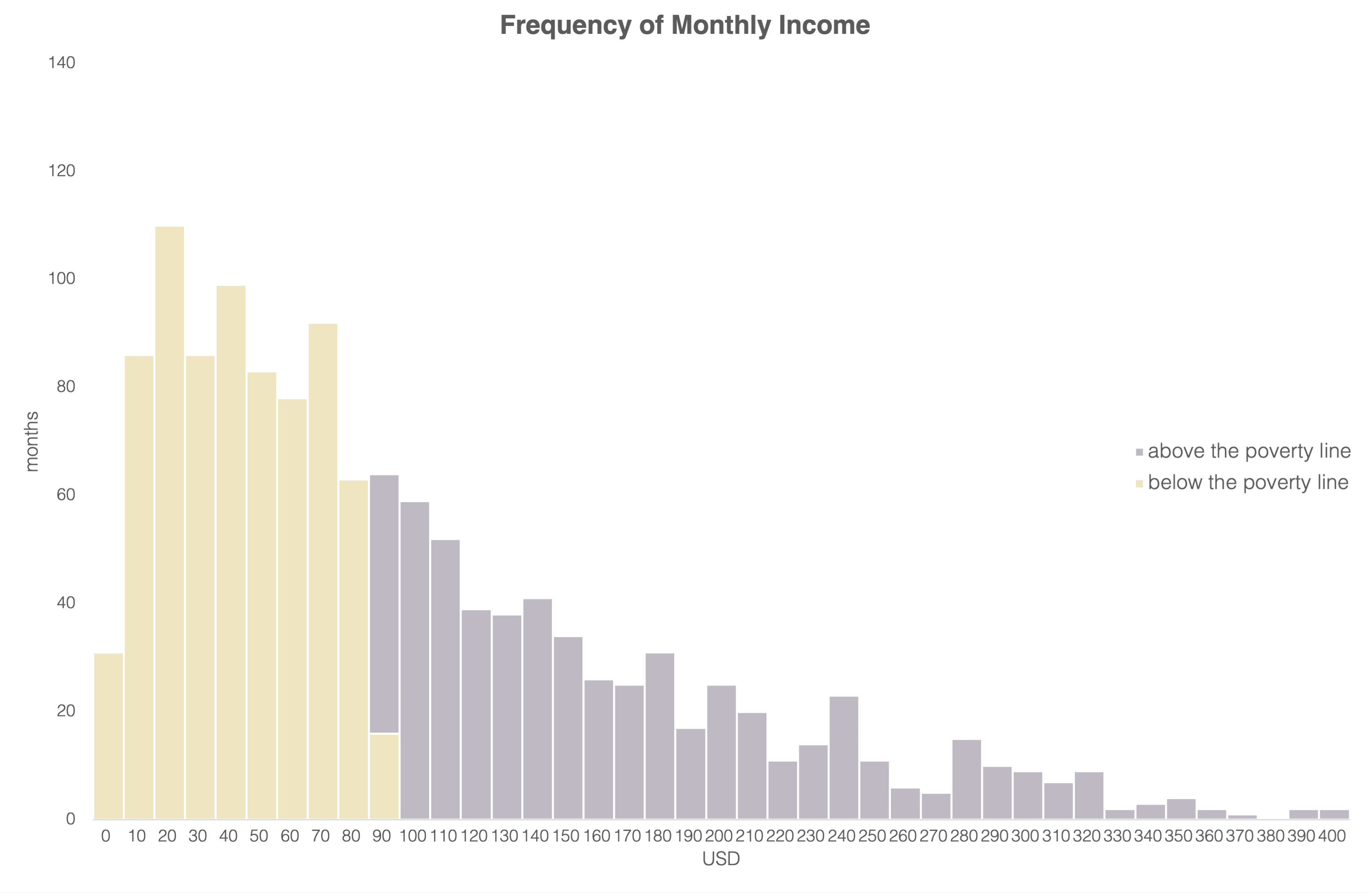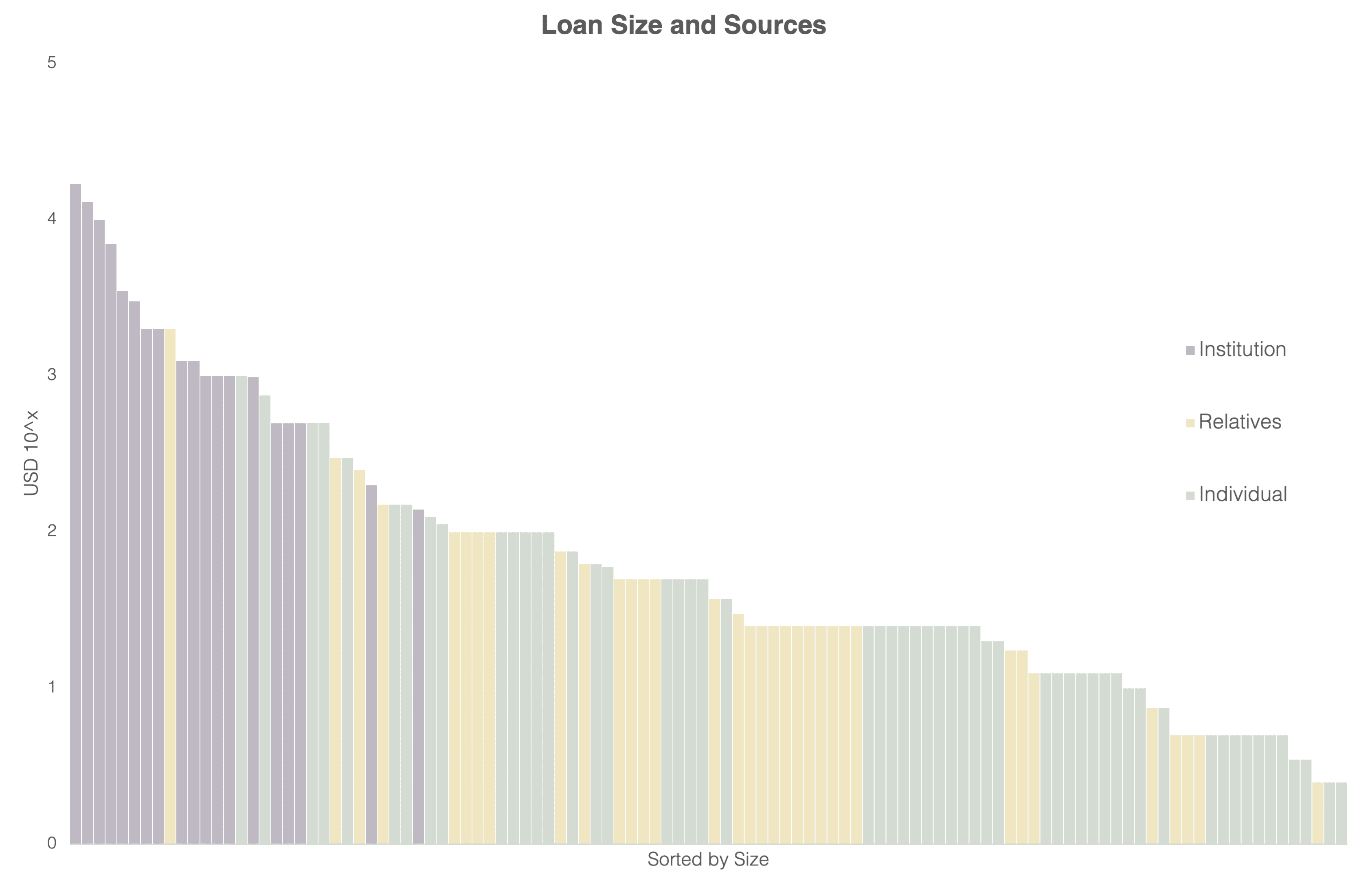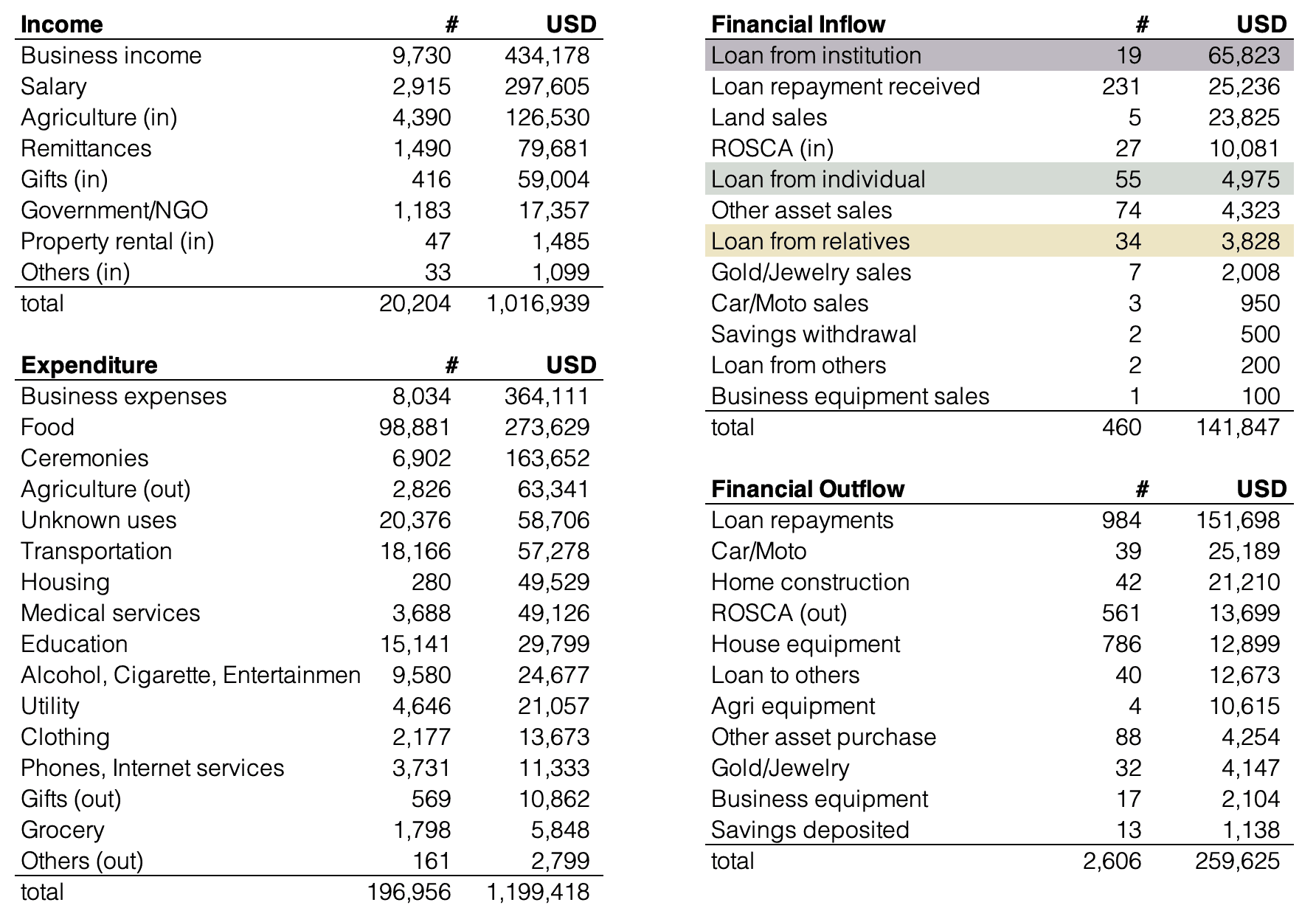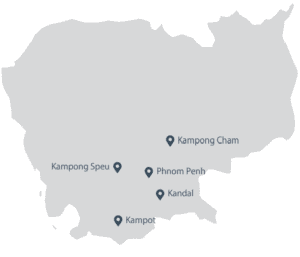If we look back at the history of accounting, it has been changing and improving constantly since its birth, and the scope it is covering is spreading and adapting with the ever-changing world of business.
If we look back at the history of accounting, it has been changing and improving constantly since its birth, and the scope it is covering is spreading and adapting with the ever-changing world of business.
In this post Haruna, a member of Gojo's Corporate Planning Team, shares her career journey until she joined Gojo, and what she learned in the process. Enjoy!
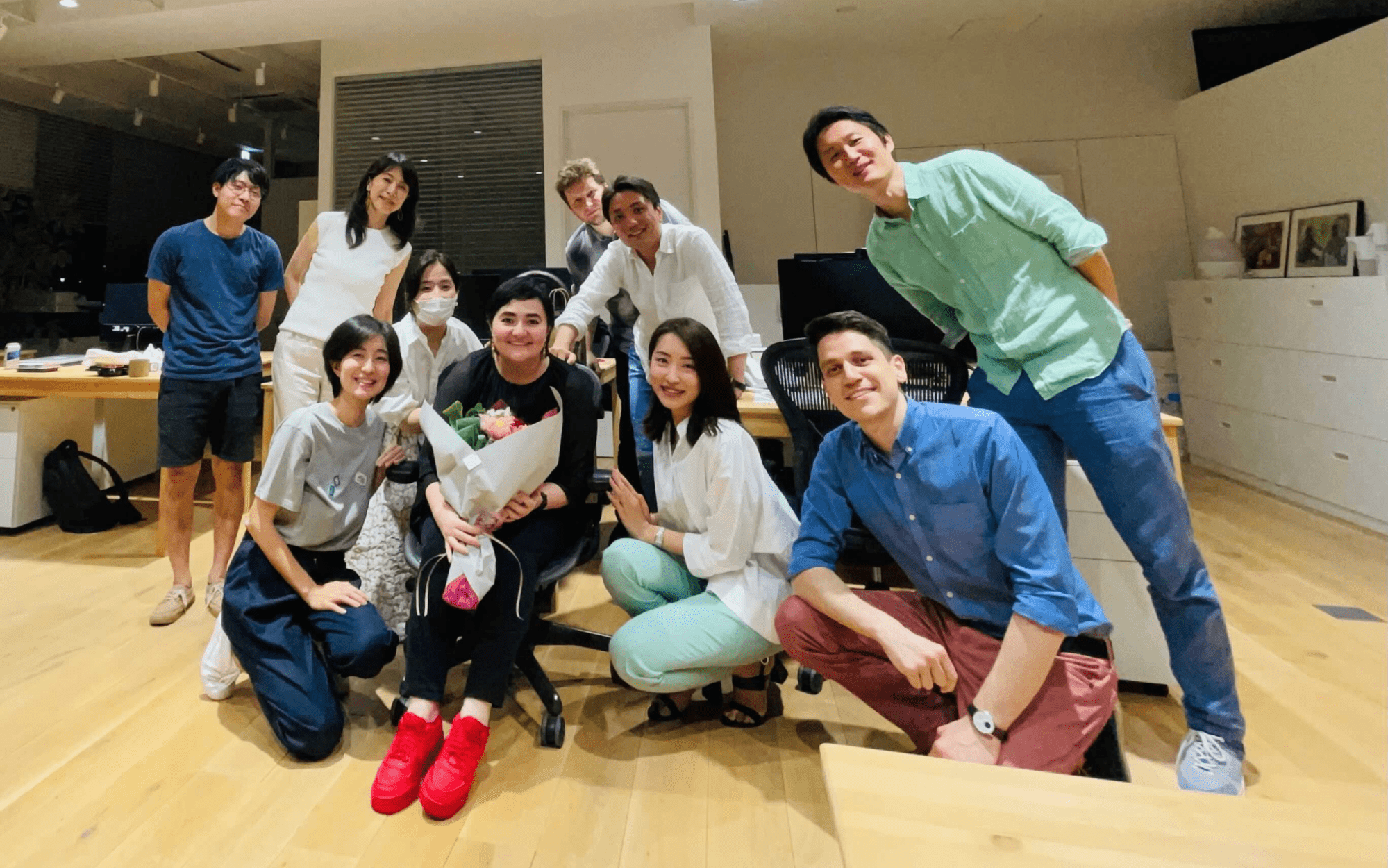
What does “work” mean to you? It means a lot to me — as someone once said, more than half of your time awake is time spent at work, so it should bring joy. I fully agree with this statement. In my view, it should not just bring joy, but also be meaningful. Today I will share my journey on how I built up my career, what my struggles and lessons learned were, and how I eventually decided to shift my career to pursue my original hope of serving the developing countries. I hope it will be interesting to those who are thinking about shifting their career, especially in a more “social” direction.
When I graduated from university, I questioned myself, “what do I want to spend my time on?” I wanted to make sure I spent time on something I thought was important, and to me, at that time, working to improve the life of poor people in developing countries felt much more impactful than spending time to bring marginal value to already somewhat-fulfilled people in Japan. So I started looking for a government job to support developing countries. However, I could not get an offer and, when I got my first offer from a consulting company, I stopped searching. At that time, I wanted to focus on my university orchestra activities and wasn’t thinking very seriously about my career and future, so I ended up starting my career as a strategy consultant.
The experience was terrible. Very long working hours, no proper training, a bad relationship with the manager all piled up to become a lot of stress. I started getting both mental and physical issues, and had to take leave of absence. I went back to work after 3 months, but was asked to leave the company at the end of my third year.
I quickly searched for a new job. Luckily, because of my “strategy consultant” background, I got a lot of offers. I chose to go to a company called Rakuten, a Japan-based e-commerce company, which was trying to go global at that time — including developing countries in Asia and Africa. I thought that maybe this job could connect one day to my original wish of serving the developing countries.
This job change turned out to be a success. I worked closely with the CEO and had a chance to see the company from his view, which was a whole new experience for me — it definitely pushed me up to a different level. I started to enjoy work for the first time in my life, and started to feel that I was making a difference. I increased my presence within the company and was soon promoted to become one of the youngest business heads. I had a lot of struggles there too, but really enjoyed growing the business supported by a great team. Moreover, I loved the people at Rakuten. Everywhere, there was the culture of moving fast, getting things done.
However, even though my career at Rakuten was successful, I started to question myself again, the same question I asked myself when I had first started my career: “what did I really want to spend my time on?” I hadn’t forgotten my initial aspiration of contributing to the people in developing countries. I tried to chase this dream within Rakuten by raising my hand to meet startups in India, visiting Africa to find business opportunities etc. I also started looking outside to find things to do outside work to fulfill my wish — I joined a network of professionals supporting social startups, and I started to volunteer for an NGO supporting children in Africa. I even started a similar kind of program within Rakuten, an accelerator to support social startups by Rakuten employees.
I could have continued like this, but once I experienced the deep sense of achievement and fulfillment by putting my energy into something to which I was really committed, it was hard for me to fully focus on my assigned job at Rakuten. I decided to shift my career to pursue my original mission — to support developing countries and reduce poverty. It was a tough decision. I had to leave behind 10 years worth of social credit I had built, a good salary, a stable job which I knew how to run, a managerial position — basically a successful career. People said I should continue at Rakuten, especially as I had just given birth to my second child, and I was already going through a lot of changes in life. I could understand this argument, but one day I asked myself: if I died today, would I have any regrets or not? The answer was clear: I would regret not having spent my work time on something I thought was meaningful.
So here I am at Gojo & Company, a startup with a mission to extend financial inclusion to everyone, so that people can determine their own future. The mission resonates with my personal values, and so far my 6 months at Gojo have been great. Of course, there are pros and cons, and there never is a “perfect job”. My salary went down significantly, and I need to work more. Lots of new things to learn, a new culture to get used to, new people to get to know — all of this requires hard work. Having said that, the best thing here is that there are like-minded people around me who take social impact seriously. There are so many things which I can tackle that seem interesting and important — the kind of things I really pushed for at Rakuten but never got management attention can easily become an important project here at Gojo. Although it might be too early to tell, I think I managed to make a successful transition.
Aligning your personal mission with the company’s mission may not matter so much if you think about your day to day work. Having a good relationship with your colleagues, working on a fun yet challenging job, and having good work-life balance matters more in the short run. But if you stop and look back on what you have achieved, and see that it is exactly the impact you wanted to make on the world, there is a deep sense of satisfaction. So, I want to encourage those who are hesitating — “it is never too late to pursue your mission!”
Haruna Tanaka works for the Corporate Planning Department at Gojo & Company. She works on various projects at Gojo, including corporate governance, social performance management, stakeholder impact management, client impact measurement and R&D.
In this post Haruna, a member of Gojo's Corporate Planning Team, shares her career journey until she joined Gojo, and what she learned in the process. Enjoy!

What does “work” mean to you? It means a lot to me — as someone once said, more than half of your time awake is time spent at work, so it should bring joy. I fully agree with this statement. In my view, it should not just bring joy, but also be meaningful. Today I will share my journey on how I built up my career, what my struggles and lessons learned were, and how I eventually decided to shift my career to pursue my original hope of serving the developing countries. I hope it will be interesting to those who are thinking about shifting their career, especially in a more “social” direction.
When I graduated from university, I questioned myself, “what do I want to spend my time on?” I wanted to make sure I spent time on something I thought was important, and to me, at that time, working to improve the life of poor people in developing countries felt much more impactful than spending time to bring marginal value to already somewhat-fulfilled people in Japan. So I started looking for a government job to support developing countries. However, I could not get an offer and, when I got my first offer from a consulting company, I stopped searching. At that time, I wanted to focus on my university orchestra activities and wasn’t thinking very seriously about my career and future, so I ended up starting my career as a strategy consultant.
The experience was terrible. Very long working hours, no proper training, a bad relationship with the manager all piled up to become a lot of stress. I started getting both mental and physical issues, and had to take leave of absence. I went back to work after 3 months, but was asked to leave the company at the end of my third year.
I quickly searched for a new job. Luckily, because of my “strategy consultant” background, I got a lot of offers. I chose to go to a company called Rakuten, a Japan-based e-commerce company, which was trying to go global at that time — including developing countries in Asia and Africa. I thought that maybe this job could connect one day to my original wish of serving the developing countries.
This job change turned out to be a success. I worked closely with the CEO and had a chance to see the company from his view, which was a whole new experience for me — it definitely pushed me up to a different level. I started to enjoy work for the first time in my life, and started to feel that I was making a difference. I increased my presence within the company and was soon promoted to become one of the youngest business heads. I had a lot of struggles there too, but really enjoyed growing the business supported by a great team. Moreover, I loved the people at Rakuten. Everywhere, there was the culture of moving fast, getting things done.
However, even though my career at Rakuten was successful, I started to question myself again, the same question I asked myself when I had first started my career: “what did I really want to spend my time on?” I hadn’t forgotten my initial aspiration of contributing to the people in developing countries. I tried to chase this dream within Rakuten by raising my hand to meet startups in India, visiting Africa to find business opportunities etc. I also started looking outside to find things to do outside work to fulfill my wish — I joined a network of professionals supporting social startups, and I started to volunteer for an NGO supporting children in Africa. I even started a similar kind of program within Rakuten, an accelerator to support social startups by Rakuten employees.
I could have continued like this, but once I experienced the deep sense of achievement and fulfillment by putting my energy into something to which I was really committed, it was hard for me to fully focus on my assigned job at Rakuten. I decided to shift my career to pursue my original mission — to support developing countries and reduce poverty. It was a tough decision. I had to leave behind 10 years worth of social credit I had built, a good salary, a stable job which I knew how to run, a managerial position — basically a successful career. People said I should continue at Rakuten, especially as I had just given birth to my second child, and I was already going through a lot of changes in life. I could understand this argument, but one day I asked myself: if I died today, would I have any regrets or not? The answer was clear: I would regret not having spent my work time on something I thought was meaningful.
So here I am at Gojo & Company, a startup with a mission to extend financial inclusion to everyone, so that people can determine their own future. The mission resonates with my personal values, and so far my 6 months at Gojo have been great. Of course, there are pros and cons, and there never is a “perfect job”. My salary went down significantly, and I need to work more. Lots of new things to learn, a new culture to get used to, new people to get to know — all of this requires hard work. Having said that, the best thing here is that there are like-minded people around me who take social impact seriously. There are so many things which I can tackle that seem interesting and important — the kind of things I really pushed for at Rakuten but never got management attention can easily become an important project here at Gojo. Although it might be too early to tell, I think I managed to make a successful transition.
Aligning your personal mission with the company’s mission may not matter so much if you think about your day to day work. Having a good relationship with your colleagues, working on a fun yet challenging job, and having good work-life balance matters more in the short run. But if you stop and look back on what you have achieved, and see that it is exactly the impact you wanted to make on the world, there is a deep sense of satisfaction. So, I want to encourage those who are hesitating — “it is never too late to pursue your mission!”
Haruna Tanaka works for the Corporate Planning Department at Gojo & Company. She works on various projects at Gojo, including corporate governance, social performance management, stakeholder impact management, client impact measurement and R&D.
Sign up to receive news from Gojo here.




